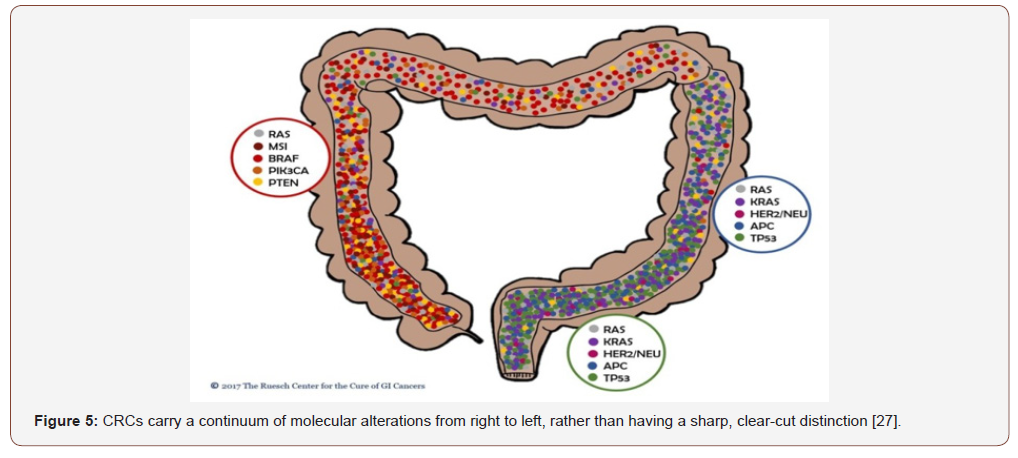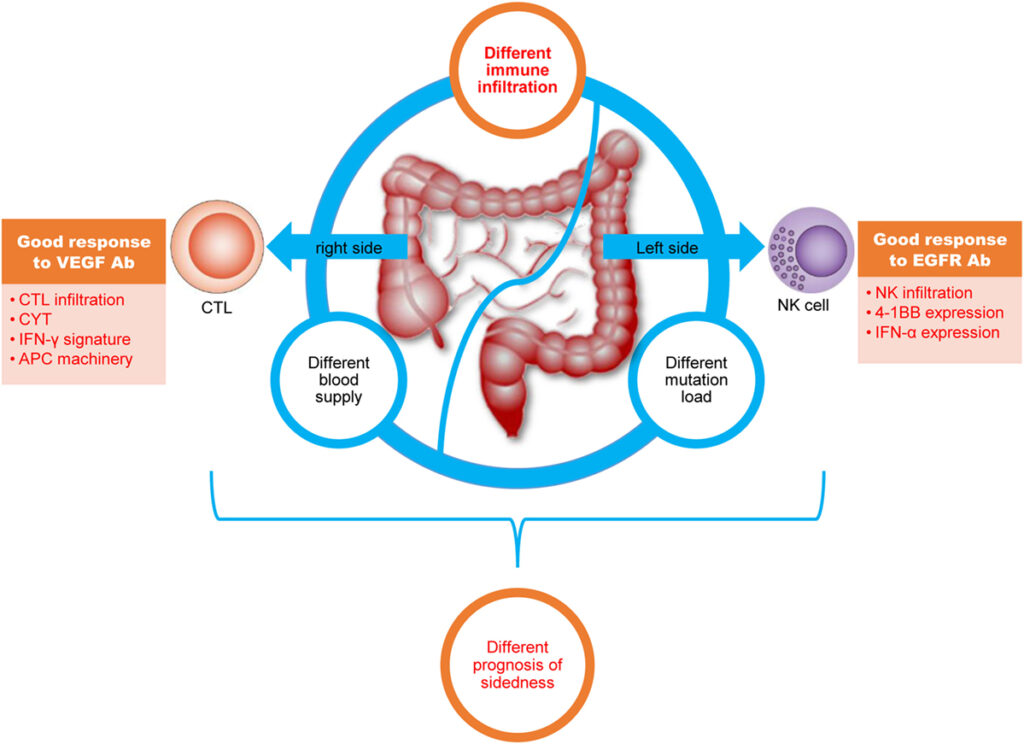Colon cancer, also known as colorectal cancer or CRC, is one of the most common types of cancer worldwide. It begins in the colon, which is part of the digestive system responsible for processing food and absorbing nutrients. This type of cancer often starts as small, noncancerous growths called polyps that can develop into cancer over time if left untreated. Early detection and understanding of risk factors are crucial to managing this disease effectively. In this article, we will explore what colon cancer is, its causes, risk factors, symptoms, and available treatments.

What is Colon Cancer?
Colon cancer occurs when abnormal cells grow uncontrollably in the lining of the colon. These cells can invade nearby tissues and spread to other parts of the body, a process known as metastasis. The colon plays a vital role in digestion by absorbing water and nutrients from food before waste is eliminated from the body. When cancer develops in this area, it disrupts normal bodily functions and poses significant health risks.
Most cases of colon cancer start as benign growths called adenomatous polyps. Over time, some of these polyps may become cancerous. Regular screenings, such as colonoscopies, are essential for identifying and removing polyps before they turn malignant.
Risk Factors for Colon Cancer
Several factors increase the likelihood of developing colon cancer. While some of these factors cannot be controlled, others can be managed through lifestyle changes. Below is a detailed list of the primary risk factors:
Age
The risk of developing colon cancer increases with age. Most cases occur in individuals over the age of 50. However, recent studies have shown a rise in colon cancer diagnoses among younger adults, highlighting the importance of awareness at all ages.
Family History
A family history of colon cancer or certain inherited conditions, such as Lynch syndrome or familial adenomatous polyposis, significantly raises the risk. If a close relative, such as a parent or sibling, has been diagnosed with colon cancer, it is important to discuss screening options with a healthcare provider.
Personal Medical History
Individuals who have had colon cancer or noncancerous colon polyps in the past are at a higher risk of developing the disease again. Additionally, inflammatory bowel diseases like ulcerative colitis or Crohn’s disease can increase the chances of colon cancer due to chronic inflammation of the colon.
Lifestyle Factors
- Diet: A diet high in red meat and processed foods has been linked to an increased risk of colon cancer. Conversely, diets rich in fruits, vegetables, and whole grains may help reduce the risk.
- Physical Inactivity: Lack of regular exercise is associated with a higher risk of developing colon cancer. Staying physically active helps maintain a healthy weight and supports overall digestive health.
- Smoking: Long-term smoking is a known risk factor for many types of cancer, including colon cancer. Quitting smoking can significantly lower the risk.
- Alcohol Consumption: Excessive alcohol intake has been linked to an increased risk of colon cancer. Limiting alcohol consumption is recommended for reducing this risk.
Obesity
Being overweight or obese increases the likelihood of developing colon cancer. Maintaining a healthy weight through proper diet and regular exercise can help mitigate this risk.
Symptoms of Colon Cancer
In its early stages, colon cancer may not cause noticeable symptoms. As the disease progresses, however, certain signs may appear. It is important to note that these symptoms can also indicate other, less serious conditions. If any of the following symptoms persist, it is advisable to consult a healthcare professional:
- Changes in bowel habits, such as diarrhea, constipation, or narrowing of the stool, lasting more than a few days
- Rectal bleeding or blood in the stool
- Persistent abdominal discomfort, such as cramps, gas, or pain
- A feeling that the bowel does not empty completely
- Unexplained weight loss
- Fatigue or weakness
Diagnosing Colon Cancer
Early diagnosis is critical for improving outcomes in colon cancer. Several tests and procedures are used to detect and diagnose the disease:
Colonoscopy
A colonoscopy is the most common screening method for colon cancer. During this procedure, a doctor uses a flexible tube with a camera to examine the inside of the colon. If polyps are found, they can often be removed during the same procedure.
Fecal Occult Blood Test
This test checks for hidden blood in the stool, which may indicate the presence of cancer or precancerous polyps. While it is less invasive than a colonoscopy, it is not as comprehensive and may require follow-up testing.
Imaging Tests
Imaging tests, such as CT scans or MRI scans, may be used to determine whether cancer has spread to other parts of the body. These tests provide detailed images of internal organs and tissues.
Treatment Options for Colon Cancer
Treatment for colon cancer depends on several factors, including the stage of the disease, the location of the tumor, and the patient’s overall health. Common treatment approaches include surgery, chemotherapy, radiation therapy, and targeted therapies.
Surgery
Surgery is the most common treatment for colon cancer, especially in the early stages. The goal of surgery is to remove the cancerous portion of the colon along with nearby lymph nodes. In some cases, a colostomy may be necessary if the colon cannot be reconnected after surgery.
Chemotherapy
Chemotherapy involves the use of drugs to kill cancer cells or stop them from growing. It is often used after surgery to destroy any remaining cancer cells or before surgery to shrink tumors. Chemotherapy may also be recommended for advanced-stage colon cancer that has spread to other parts of the body.
Radiation Therapy
Radiation therapy uses high-energy beams to target and destroy cancer cells. It is typically used in combination with surgery or chemotherapy, particularly for cancers located in the rectum. Radiation therapy can help reduce the size of tumors and alleviate symptoms in advanced cases.
Targeted Therapies
Targeted therapies are medications that specifically attack cancer cells without harming healthy cells. These treatments are often used for advanced colon cancer and are tailored to the genetic makeup of the tumor. Examples include drugs that block the growth of blood vessels supplying the tumor or those that interfere with specific proteins involved in cancer cell growth.
Immunotherapy
Immunotherapy harnesses the body’s immune system to fight cancer. Certain types of colon cancer with specific genetic mutations may respond well to immunotherapy. This treatment option is still being researched but has shown promise in improving outcomes for some patients.
Preventing Colon Cancer
While not all cases of colon cancer can be prevented, certain measures can significantly reduce the risk:
- Adopting a healthy diet rich in fiber, fruits, and vegetables while limiting red meat and processed foods
- Engaging in regular physical activity to maintain a healthy weight
- Avoiding tobacco products and limiting alcohol consumption
- Undergoing routine screenings, especially for individuals over the age of 50 or those with a family history of the disease
Living with Colon Cancer
A diagnosis of colon cancer can be overwhelming, but advancements in treatment and support systems have improved the quality of life for many patients. Joining support groups, seeking counseling, and staying informed about treatment options can help individuals navigate their journey with the disease.
It is also important for patients to communicate openly with their healthcare team about any concerns or side effects experienced during treatment. This collaboration ensures that care is personalized and effective.





